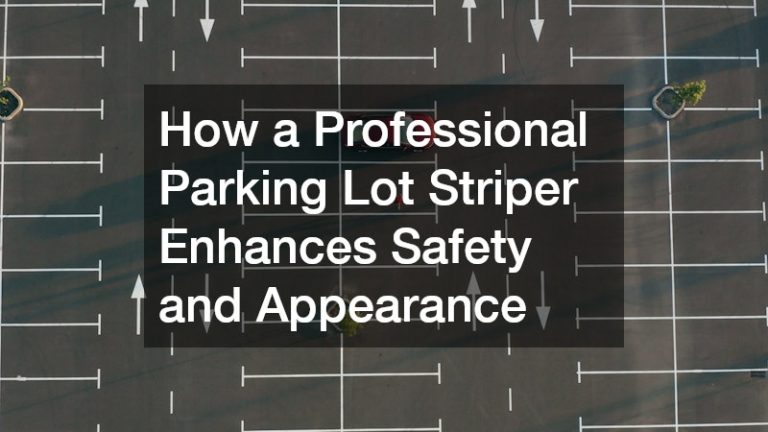

Insulation contractors normally deal with installing and repairing materials that maintain the temperatures of pipes, ducts, and other mechanical systems as Contractor License School explains in their video, “How to get your Insulation Contractor License (C-2).” They typically work on residential and industrial projects and substitute with plumbing and construction workers. Insulation contractors read the blueprints of a construction project and choose the materials needed to apply to designated projects in order to protect them from heat and cold.
These installations require significant drive and strength because they involve the insulation contractor bending and standing the whole day. Venturing into a career as an insulation contractor requires you to be a high school graduate and the completion of your apprenticeship for four years. Employers usually prefer individuals who have received their high school diploma and have good knowledge in insulation-core subjects such as physics, geometry, algebra, etc.
A person joking to be an insulator by profession can receive formal training either by learning on the job or by getting and completing an apprenticeship. Apprenticeships usually combine classroom knowledge together with practical experiences and are supervised by a certified insulation worker. Regulations of insulation contracts usually vary within states but most require you to get licensure.




